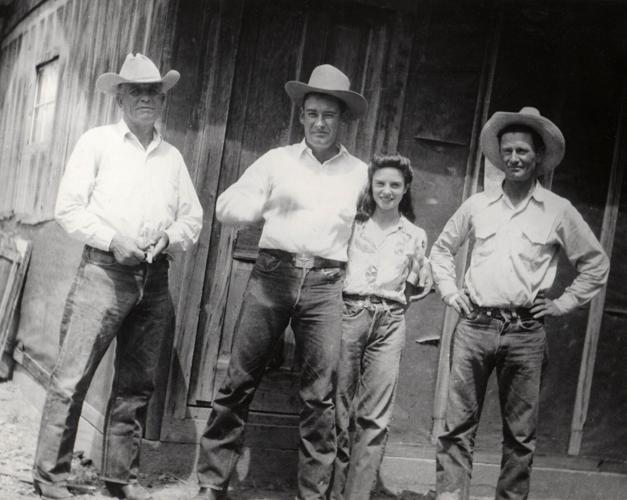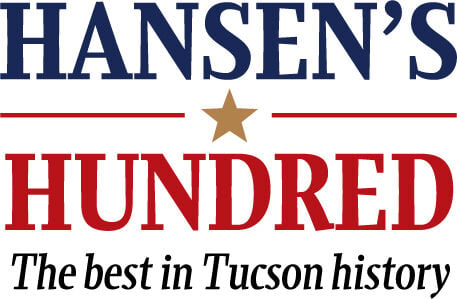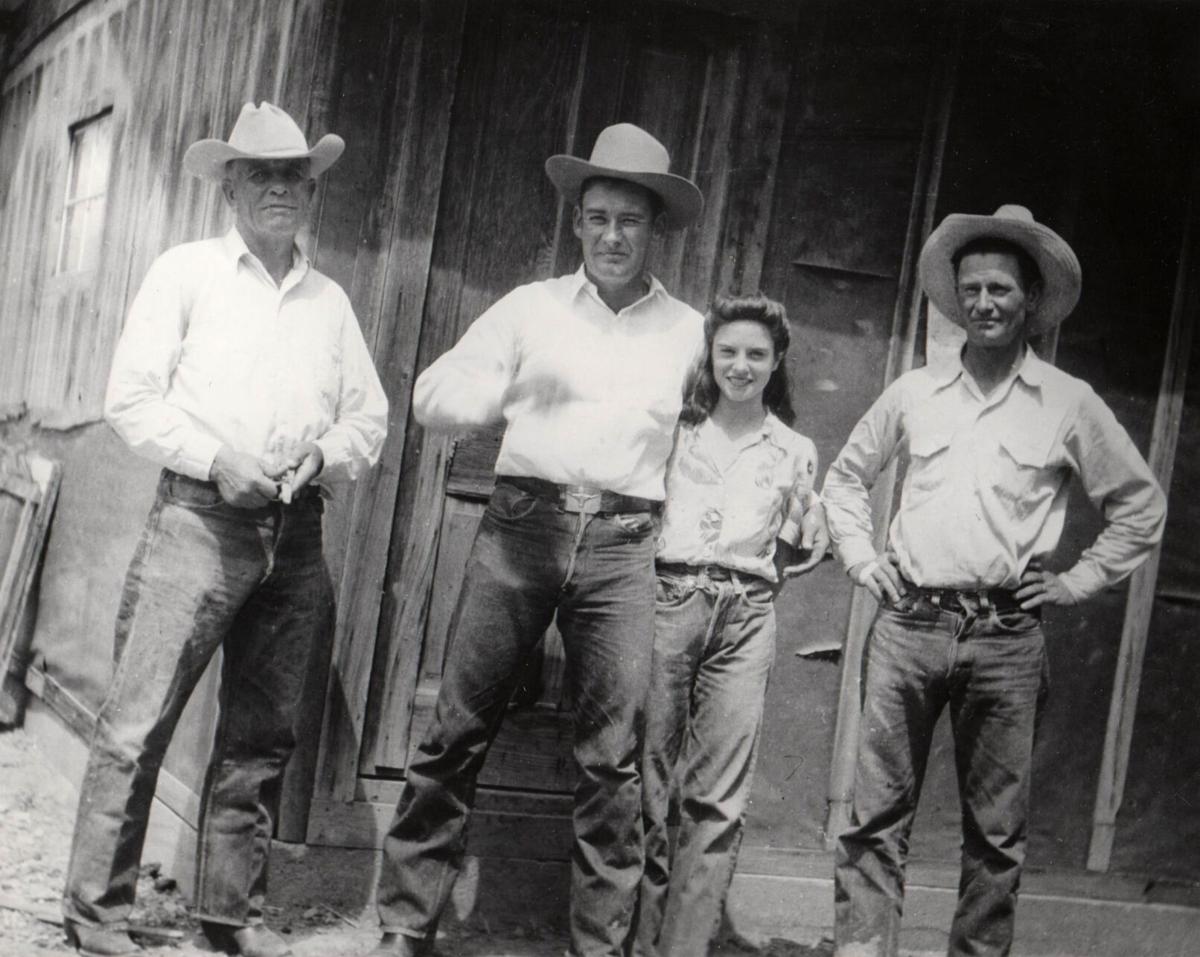About a year ago, Tucson retired Marine Maj. John “Butch’’ Rhodes informed me that his grandfather and father, John and Thomas Rhodes, were on the ballot for consideration to the Class of 2020 of the Pro Rodeo Hall of Fame.
Four years previously, Rhodes told me he was working through the Hall of Fame selection process and admitted it might be a long shot.
To help support the Rhodes’ candidacy, Marana’s Mel Potter, one of the PRCA’s leading stock providers, and Gary Williams, longtime general manager of La Fiesta de los Vaqueros, advocated for both former world champions.
Even though one of the leading father-son combinations in pro rodeo history had not competed for almost a half-century — even though both died before 1985 — the selection committee of the Rodeo Historical Society discovered what I did while researching John and Thomas Rhodes: They had been overlooked for too long. They belonged.
Now, after the 2020 Hall of Fame ceremony was paused for a year for COVID-19 precautions, Butch Rhodes will be able to see his grandfather and father inducted into the Rodeo Hall of Fame Nov. 12-13 in Oklahoma City.
On our list of Tucson’s Top 100 Sports Figures of the last 100 years, we are entering John and Thomas Rhodes as a single entry, No. 66. Their accomplishments to pro rodeo history, and their contributions to La Fiesta de los Vaqueros, are forever tied together.
John Rhodes, born in 1887, became a cattleman at the Sombrero Ranch near Mammoth and San Manuel. He began competing in regional and amateur calf and steer roping in 1918 and enjoyed it so much he was part of the group that founded La Fiesta de los Vaqueros in 1925.
By 1936, John Rhodes became the world champion team roper. He repeated as champion in 1938.
His son, Tom, born in 1915, won four consecutive world championships in steer roping, 1943-46.

“When you go through and look at all the big names in roping in those years, an awful lot of them were from Southern Arizona, where they grew up on ranches,’’ Butch Rhodes said. “Roping was a necessity in those days. In the desert, if they had to rope something, they were running through mesquite thickets or cactus patches and they roped any way they can catch them.”
Over the years, both won the Calgary Stampede rodeo, the Cheyenne Frontier Days rodeo and the Pendleton Roundup, which were three of the so-called “majors’’ of the pro rodeo circuit. They were both founding members of the Cowboys Turtles Association, whose name was later changed to the Pro Rodeo Cowboys Association.
As charter members of the CTA, John and Tom Rhodes were issued two of the first 56 membership card numbers.
How good were they?
Before the 1944 La Fiesta de los Vaqueros at the Tucson Rodeo Grounds, the Star wrote that Tommy Rhodes was "the top hand" at the event. That proved to be accurate. Rhodes won the calf roping, team roping and tie-down roping competition, earning $1,100 of the total purse of $12,000 as "an overflow crowd of 12,000" roared its approval.
"They were self-taught," Buck Rhodes said. "I never remember them talking about it when I was younger. Here were two world champions, my father and grandfather, and I didn’t fully know the depth of their accomplishments until I found an old scrapbook after they died."
A year ago, driving back to Tucson from Pinetop, I thought about John and Tom Rhodes as I neared Mammoth. I turned off Route 77 and onto Clark Street, driving to the modest Valley View Cemetery.
I quickly found the graves of both men. There is no inscription about world championships on either grave. Now, all these years later, they will properly be recognized as Hall of Famers.






